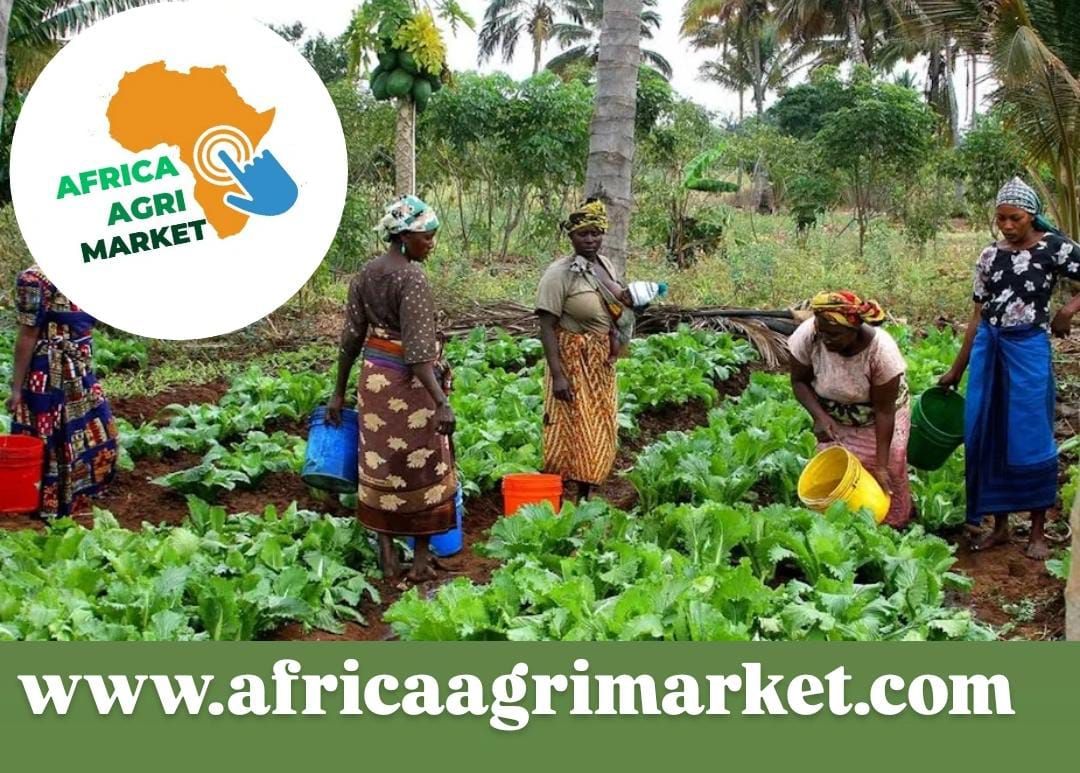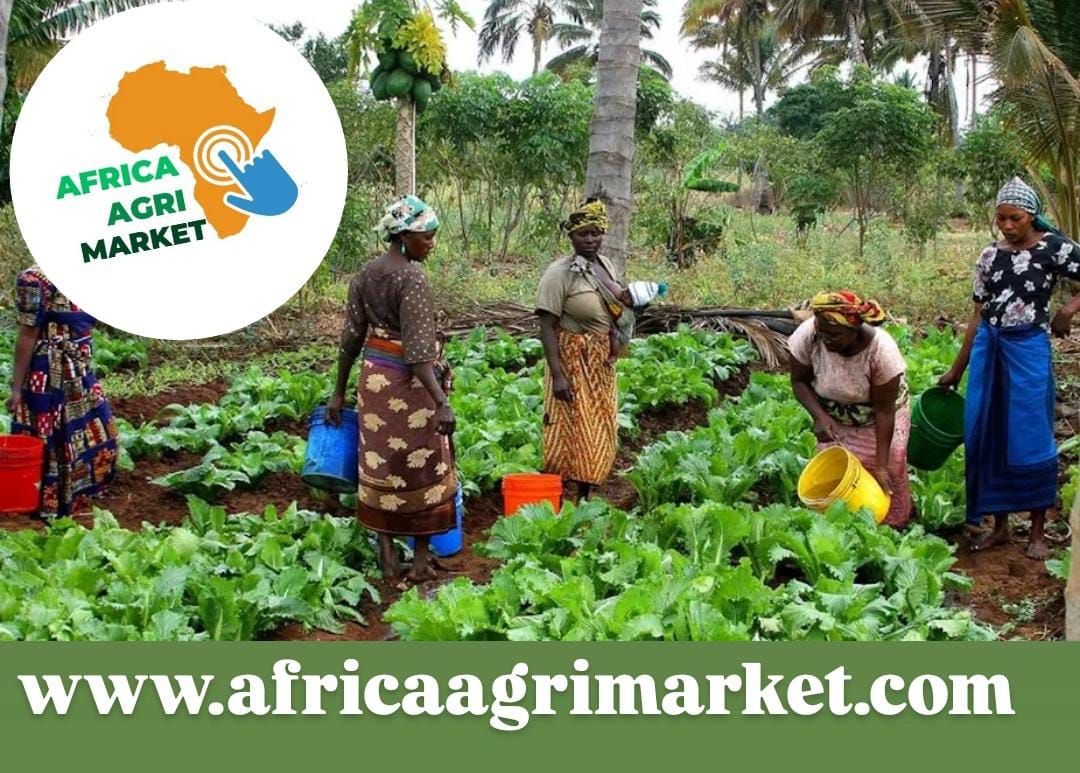🌍 Unlocking a Sustainable Future Through African Agriculture 🌾

As the world grapples with the urgent challenges of climate change, food insecurity, and economic inequality, Africa’s agricultural sector is emerging as a key player in the global quest for sustainable development. With over 60% of the world’s uncultivated arable land, a youthful population, and a growing commitment to innovation and green practices, Africa holds unmatched potential to feed not only its own people but also contribute meaningfully to global food systems.
🚜 A Sector Full of Potential
Agriculture employs more than two-thirds of Africa’s workforce and contributes significantly to national economies. However, much of this potential remains untapped due to limited infrastructure, access to markets, financing, and climate-resilient technologies. In recent years, governments, NGOs, and private enterprises have ramped up efforts to modernize agriculture through agritech, sustainable farming practices, and regional cooperation. From smart irrigation systems in Kenya to drone-powered crop monitoring in Nigeria, innovation is taking root.
🌱 The Sustainability Link
Agriculture is not just an economic driver — it’s central to achieving the United Nations Sustainable Development Goals (SDGs). Investments in African agriculture can lead to:
- Zero hunger (SDG 2) through improved food security
- Decent work and economic growth (SDG 8) via job creation
- Climate action (SDG 13) through sustainable land management
- Gender equality (SDG 5), since many smallholder farmers are women
By promoting agroecology, regenerative farming, and climate-smart techniques, Africa can lead the charge in building a greener, more resilient planet.
🤝 Global Cooperation Needed
While local innovations are vital, global partnerships and investments are essential. International organizations, governments, and private investors must support African-led solutions by providing funding, training, and infrastructure development. “Africa doesn’t need charity; it needs investment, innovation, and equal opportunity,” said a representative from the African Development Bank (AfDB). “Agriculture is our most powerful tool.”
📈 The Road Ahead
To unlock Africa’s agricultural potential, key actions include:
- Strengthening supply chains and rural infrastructure
- Investing in education and youth entrepreneurship
- Scaling up access to digital tools and finance
- Ensuring policies that support land rights and climate resilience
As the world looks toward a sustainable future, African agriculture stands as a beacon of hope and opportunity. By empowering farmers, embracing technology, and fostering inclusive growth, the continent can not only transform itself — but help feed and sustain the world.
